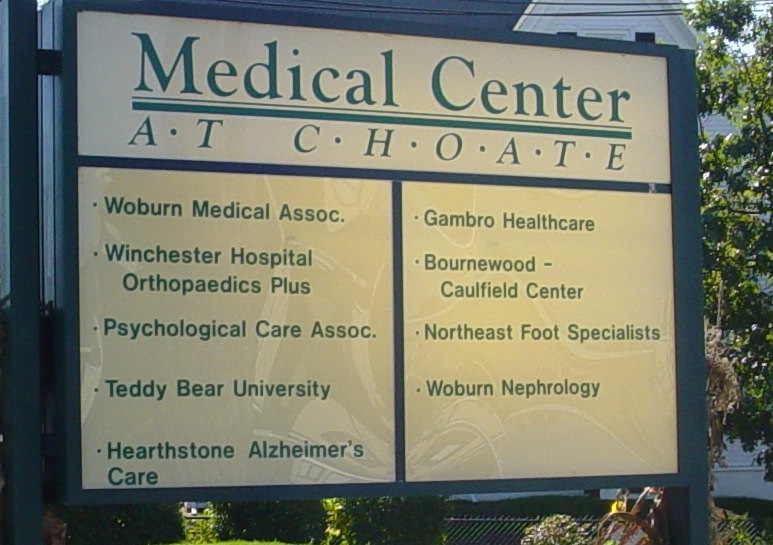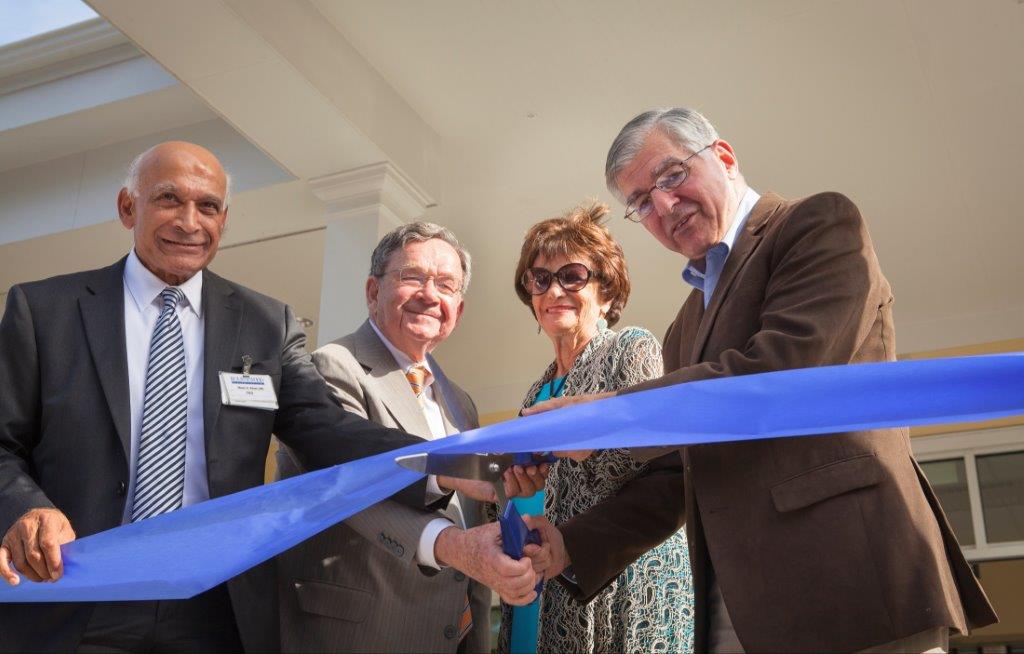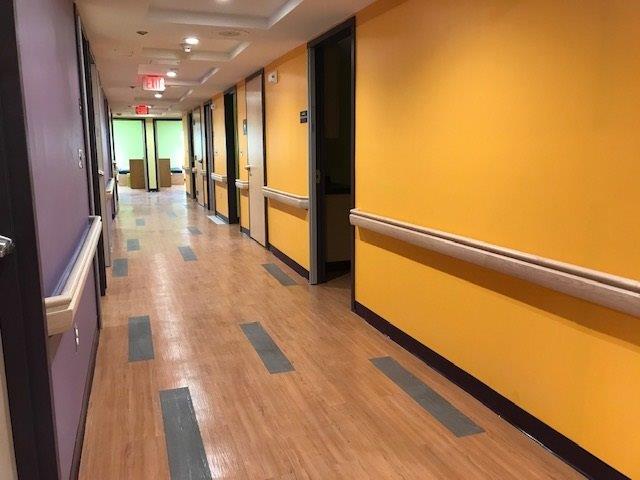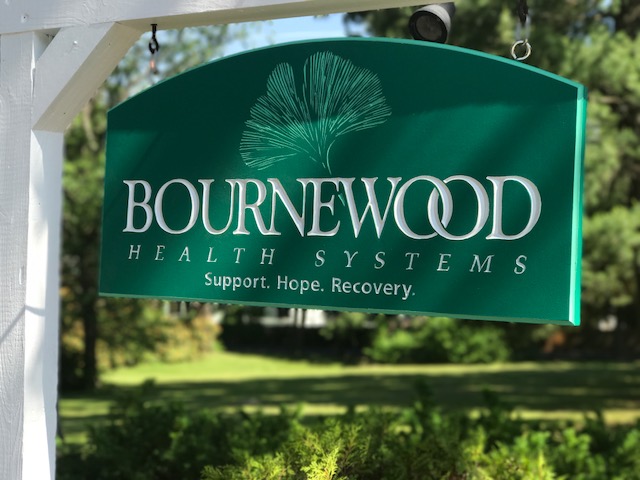Person-Centered Behavioral Healthcare
We Provide Inpatient and Partial Hospitalization Programs for Adults and Adolescents

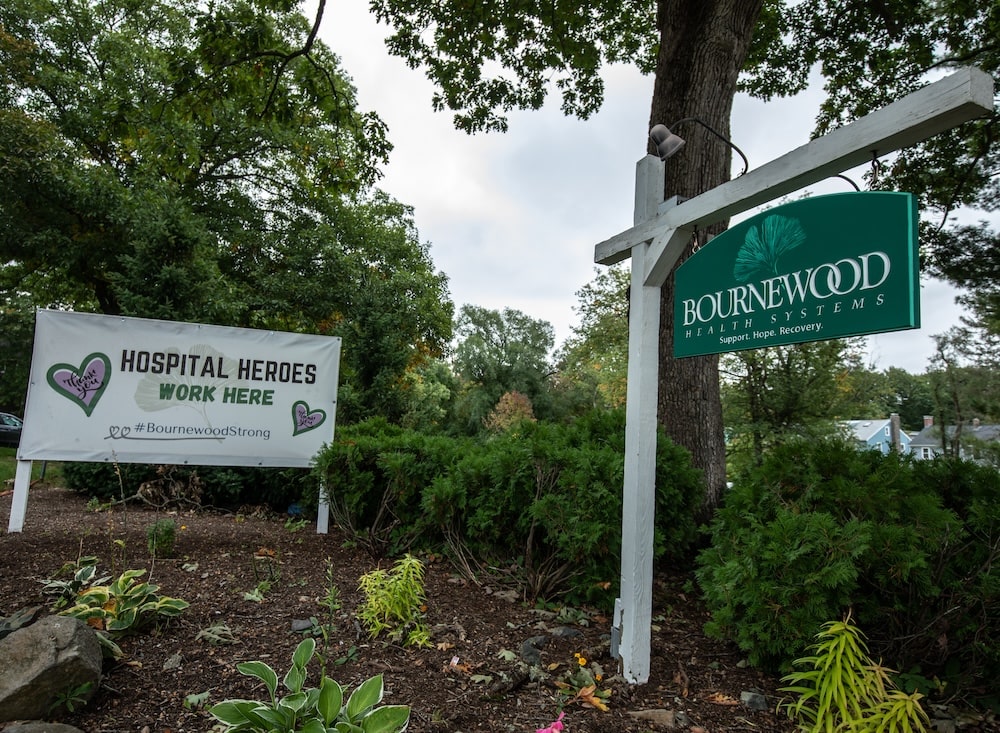

About Bournewood Health Systems
Bournewood Health Systems is dedicated to offering respectful and compassionate care and assistance to adults, adolescents, and their families who are facing mental health and substance use challenges.
Comprehensive Behavioral Health Services
Discover Personalized Care for Your Behavioral Health Needs at Our Hospital in Massachusetts.

Our Massachusetts Locations
Bournewood’s main Brookline campus includes six inpatient units and partial-hospitalization programs for adults, adolescents and for the LGBTQIA+ community. In addition to our wooded 12-acre campus in the Chestnut Hill neighborhood of Brookline, we also offer PHP services at our Woburn campus.

What’s New At Bournewood

What Is Kaleidoscope?
Kaleidoscope is Bournewood Health Systems’ mental health primary adult partial hospitalization program (PHP) designed to provide compassionate, affirming care in an in-person setting. While open to all adults seeking mental health support, Kaleidoscope holds a special focus on serving members of the LGBTQIA+ and gender-expansive communities.
Here, individuals can expect a safe, inclusive space where identity is respected, and authentic self-expression is encouraged. In a world where LGBTQIA+ individuals experience higher rates of mental health concerns, Kaleidoscope offers an in person, community-centered program that provides real connection, skilled clinical care, and a sense of belonging.
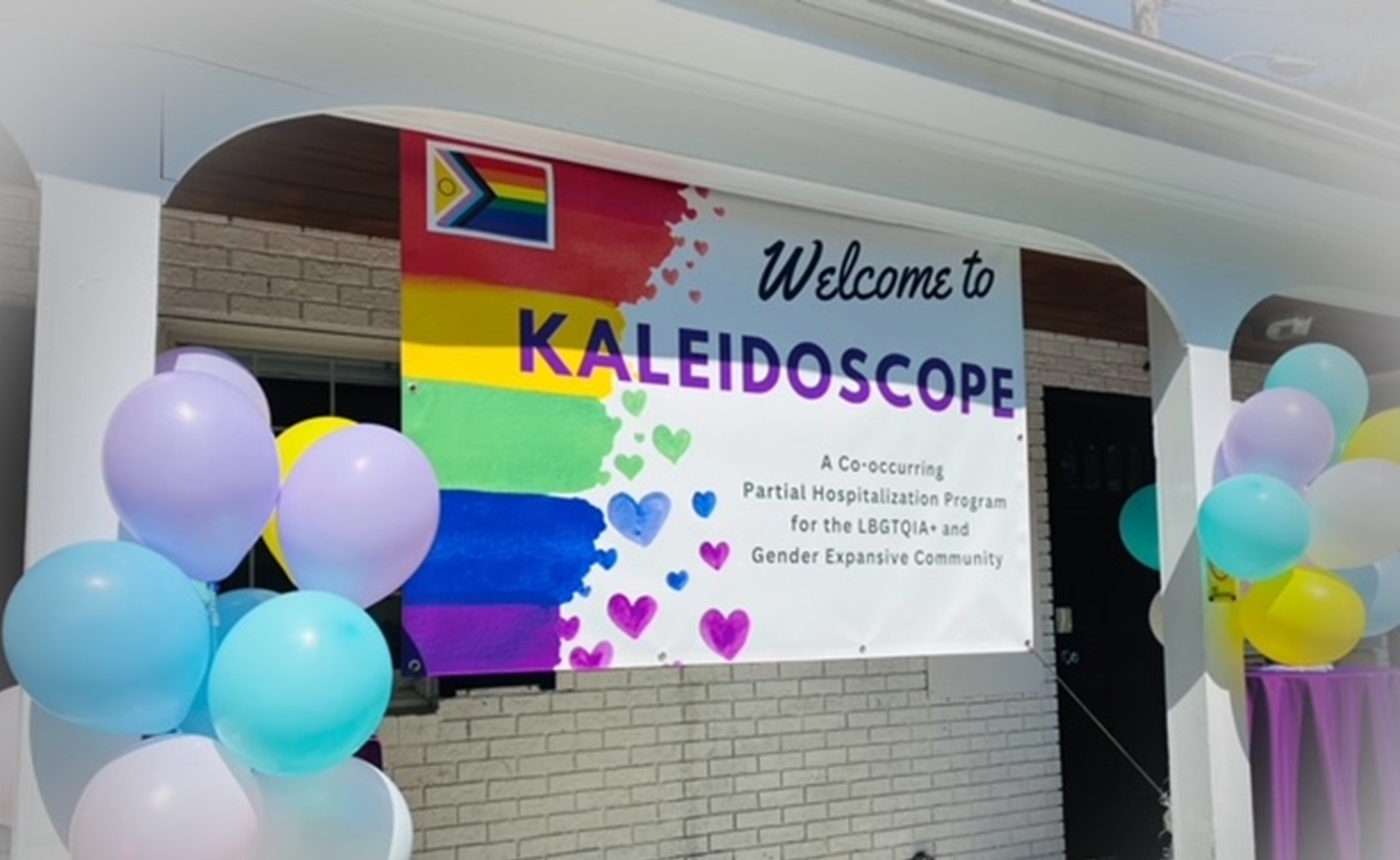
You Belong Here.
We offer a mental health primary approach for LGBTQIA+ individuals and their allies. That means anyone who’s primarily seeking mental health support is right at home here. For participants with co-occurring needs, such as mental health concerns alongside substance use, we collaborate with our Adult Co-Occurring PHP program to ensure comprehensive care for substance use and chemical dependency. Our approach is flexible, inclusive, and person-centered, ensuring that each individual receives the right level of care to support their unique journey.
Kaleidoscope is all about creating a welcoming, in-person space for the LGBTQIA+ community and allies who are looking for mental health support. As an in person program, we believe in the power of face-to-face connection and the strength of a real, supportive community. Here, you’ll find a place where you truly belong, surrounded by others who understand and support you.
Our Evidence-Based Approaches to Care
Cognitive Behavioral Therapy (CBT) is a structured, evidence-based form of psychotherapy that focuses on identifying and changing negative thought patterns and behaviors that contribute to emotional distress. By teaching individuals practical strategies to challenge unhelpful beliefs and develop healthier coping mechanisms, CBT helps improve mood and functioning. It is widely used to treat conditions such as anxiety, depression, PTSD, and substance use disorders, offering a solution-focused approach to mental health care.
Dialectical Behavior Therapy (DBT) is a type of psychotherapy that emphasizes balancing acceptance and change to help individuals manage intense emotions, reduce self-destructive behaviors, and improve relationships. It incorporates mindfulness, emotion regulation, distress tolerance, and interpersonal effectiveness skills to promote healthier coping mechanisms. Originally developed for borderline personality disorder, DBT has proven effective for a range of mental health conditions, including PTSD, depression, and substance use disorders.
Expressive therapy is a therapeutic approach that uses creative activities such as art, music, dance, drama, or writing to help individuals explore and express emotions, thoughts, and experiences. By engaging in the creative process, participants can access deeper feelings, reduce stress, and foster personal growth in a safe and supportive environment. This approach is effective for individuals of all ages and is often used to address trauma, mental health conditions, and emotional challenges.
Motivational Interviewing (MI) is a client-centered, goal-oriented therapeutic approach designed to enhance an individual’s motivation to change by exploring and resolving ambivalence. It emphasizes empathy, active listening, and collaboration, empowering individuals to identify their own reasons for change in a supportive and nonjudgmental environment. MI is widely used in treating substance use disorders and other behaviors where motivation plays a key role in achieving positive outcomes.
Discharge and treatment planning at Bournewood Health Systems typically involves developing a comprehensive plan for transitioning individuals from a structured treatment environment to ongoing care and support in the community. This process includes identifying goals, selecting appropriate aftercare services, and ensuring individuals have the necessary resources, such as outpatient therapy, support groups, or medication management. Effective discharge and treatment planning help ensure continuity of care, promote long-term recovery, and reduce the risk of relapse or readmission.
Twelve-step education in behavioral health settings introduces individuals to the principles and practices of 12-step recovery programs, such as Alcoholics Anonymous (AA) or Narcotics Anonymous (NA). It emphasizes the importance of peer support, personal accountability, and spiritual growth in overcoming addiction. By familiarizing participants with the 12 steps and encouraging engagement with recovery communities, this approach helps individuals build a foundation for long-term sobriety and emotional well-being.
Relapse prevention is a treatment modality focused on helping individuals recognize and manage triggers, high-risk situations, and warning signs that could lead to a return to substance use or other harmful behaviors. It involves developing coping strategies, building a support system, and fostering a lifestyle that supports sustained recovery. By emphasizing self-awareness and proactive planning, relapse prevention empowers individuals to maintain long-term progress and navigate challenges effectively.
Safety planning is a collaborative treatment approach that involves creating a personalized, actionable plan to help individuals navigate crises, reduce risks, and maintain safety during challenging moments. It typically includes identifying warning signs, coping strategies, supportive contacts, and emergency resources such as crisis hotlines. Safety planning is often used in treating individuals at risk of self-harm, suicidal ideation, or other dangerous behaviors, providing them with tools to manage distress and prioritize their well-being.
Short-term Solution-Focused Therapy (SFT) is a goal-oriented therapeutic approach that concentrates on identifying and building solutions rather than dwelling on problems. It emphasizes clients’ strengths, resources, and past successes to develop practical steps toward achieving their desired outcomes. Typically brief and time-limited, SFT is effective for addressing specific challenges and fostering rapid, positive change.
Medication management is part of the treatment approaches Bournewood employs that involves closely monitoring and adjusting medications to ensure their effectiveness and minimize potential side effects in individuals with mental health or substance use disorders. This process includes regular assessments, dosage adjustments, and addressing any concerns or challenges related to medication adherence. Medication management plays a critical role in supporting recovery, stabilizing symptoms, and improving overall well-being when combined with other therapeutic interventions. Medications typically used are medication for opioid use disorder; medication for alcohol use disorder; antidepressants; mood stabilizers; antipsychotics; and anxiolytics.
Trauma-informed care is a treatment approach that recognizes the widespread impact of trauma on individuals and seeks to provide treatment that is sensitive to their needs and experiences. It involves creating a safe, supportive, and non-judgmental environment where individuals feel empowered to heal at their own pace. By emphasizing safety, trustworthiness, choice, collaboration, and empowerment, trauma-informed care helps prevent re-traumatization and fosters resilience in those affected by trauma.


Kaleidoscope, our new co-occuring PHP for adults in the LGBTQIA+ community, is accepting referrals!
Accepted Health Insurances at Bournewood Health Systems
The Bournewood Health Systems’ Story


Contact Us
Transform Your Mental Health Today!
We are here to help you and we’d love to connect with you.

























